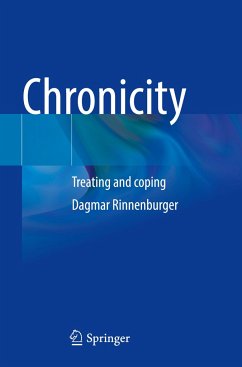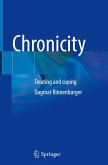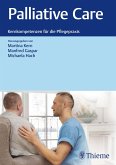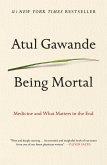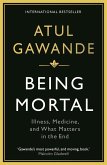This book comprehensively and critically discusses chronicity as a crucial challenge for the future of medicine in an era of aging populations and the steady growth of non-communicable comorbidities. It describes how health systems that are still designed and based on the treatment of acute diseases are suffering from crowded emergency rooms and growing conflicts between patients, while medical staff increasingly face frustration and the risk of burn-out.
The author not only shares her own clinical and personal experience in the care of end stage COPD or ALS patients with respiratory insufficiency, but also explores how primary care, incremental medicine and initiative medicine can improve the care provided for these patients. In turn, the book examines how developing countries are facing the chronicity issue in their daily struggles with communicable diseases like diarrhea and infections, and with non-communicable ones like obesity, diabetes and asthma. It also discusses the cost-related challenges that could accompany a possible paradigm shift from chronic to curable status, as was the case with hepatitis C. Due to the inevitable link between chronicity and end of life, the author tactfully addresses palliative care, focusing on the importance of shared decision-making as well as a full awareness of the future scenarios.
Uniquely reflecting life-long clinical experience and stimulating discussion on a highly topical issue, this book appeals to a wide readership, from health professionals through caregivers to patients with chronic conditions.
The author not only shares her own clinical and personal experience in the care of end stage COPD or ALS patients with respiratory insufficiency, but also explores how primary care, incremental medicine and initiative medicine can improve the care provided for these patients. In turn, the book examines how developing countries are facing the chronicity issue in their daily struggles with communicable diseases like diarrhea and infections, and with non-communicable ones like obesity, diabetes and asthma. It also discusses the cost-related challenges that could accompany a possible paradigm shift from chronic to curable status, as was the case with hepatitis C. Due to the inevitable link between chronicity and end of life, the author tactfully addresses palliative care, focusing on the importance of shared decision-making as well as a full awareness of the future scenarios.
Uniquely reflecting life-long clinical experience and stimulating discussion on a highly topical issue, this book appeals to a wide readership, from health professionals through caregivers to patients with chronic conditions.

